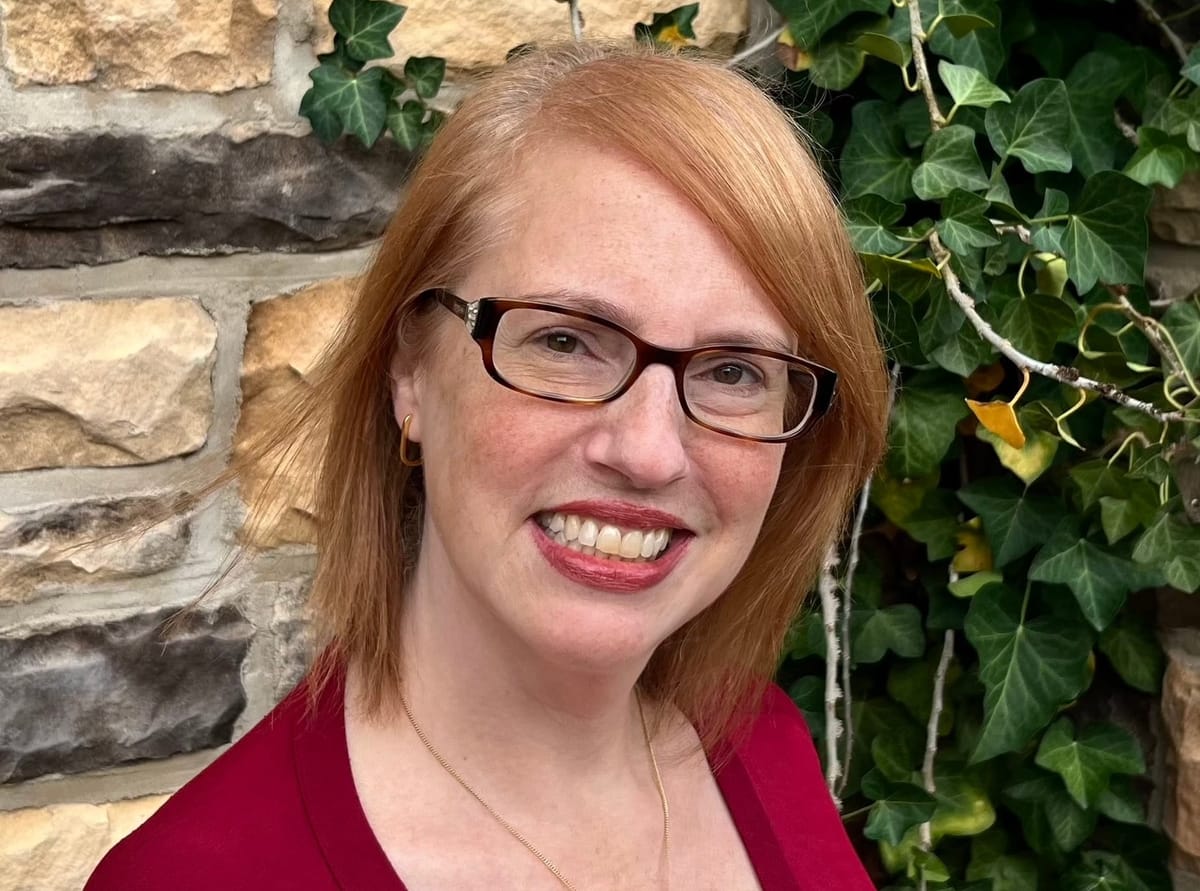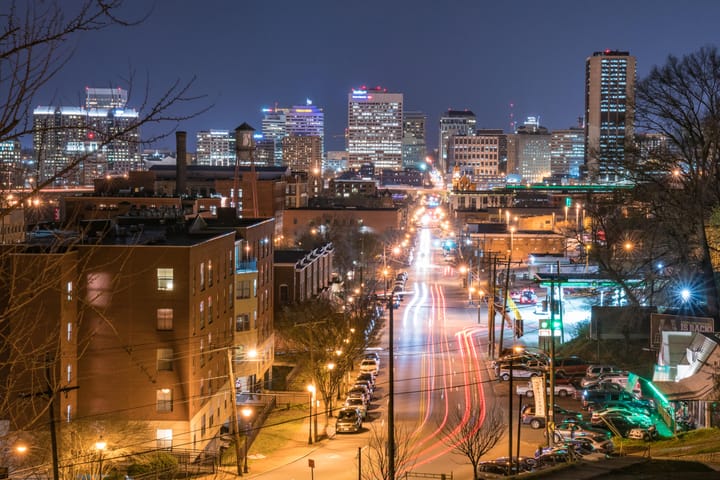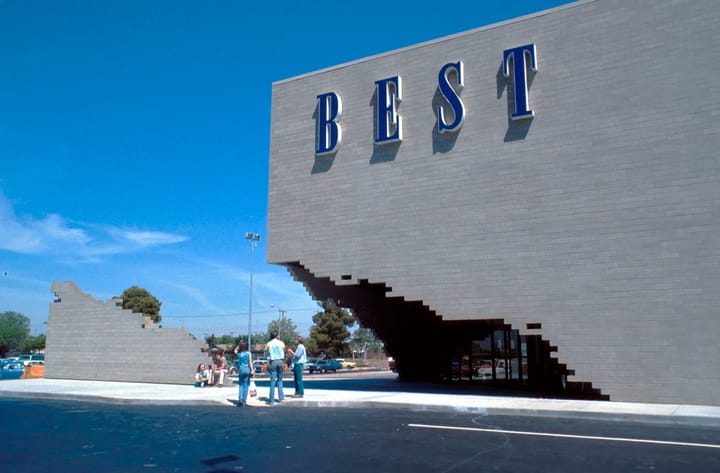25 in '25: Igmara Sanchez Prunier provides Latinos a space to grieve

Igmara Sánchez Prunier long felt that Richmond needed a space for the city’s Latinx community to grieve. A place to mourn lost loved ones and a place to mourn homelands left behind. But it wouldn’t be until 2022, 19 years after she had moved to the city, that her vision of what to do about that problem would come into view.
Working as a hospice chaplain, a woman from Los Angeles came to visit family in Richmond. During the visit, the woman’s health took a turn for the worse, and she passed away.
The death had a profound impact on the woman’s primary caregiver, who also lived in Los Angeles. At one point when the former caregiver was with Sánchez Prunier, she passed out in the street.
“I promise you I’m going to find you help in L.A.,” Sánchez Prunier told the woman.
Sánchez Prunier began to call organizations in Los Angeles to see if they had a program to help the woman cope with her grief. What she expected to be a simple process turned into a month-long endeavor. Finally, she found her help.
Shortly thereafter, walking through her office, a thought popped into Sánchez Prunier’s head: “Nobody's doing this, so you're gonna do it… That was a powerful and prophetic call from God.”
Sánchez Prunier, who has lived in the Richmond area since 2003, founded Duelo Latino, a free grief support organization for the city’s Latinx community, in January 2023.
But understanding Sánchez Prunier’s drive to create such a program requires understanding her relationship with her birthplace of Cuba.
“I feel like my first identity is Cuban, and a very close second to that is immigrant,” she said.
Leaving Cuba was no small feat for her parents. In 1967, they put in their application to leave the country, and, within one week, officials from the Communist Party of Cuba showed up at their house. Having watched others go through the process, her parents had prepared by giving away their personal belongings of value.
The party officials tossed her parents out of their rented apartment. They paraded her parents through the streets. “Gusanos!” they yelled, which translates to “maggots.”
Shortly thereafter, the government sent her parents to labor camps. Her mom planted potatoes and vegetables. Her dad broke boulders using a pickaxe, as a part of a highway building effort. They slept in tents with dirt floors and showered using garden hoses. While they were working, her mom got pregnant. Sánchez Prunier was born in 1968.
Around that time, the family’s number came up in the lottery. Their opportunity to leave Cuba for the U.S. had arrived. They landed in Miami in 1969. Six months later, the family moved to Newark, N.J., where Sánchez Prunier would spend the rest of her childhood.
“In school, I was always very justice-oriented and very much a truth-teller in difficult situations,” she said. “I think part of that was watching the experience of my parents.”
Sánchez Prunier recalled people spitting at or hitting her family, because they couldn’t speak English. She added that she has also faced discrimination due to food, music, and cultural values. It created a sense of shame around her Latino identity.
“This is a country that shuns and shames others,” she said.
But, in her thirties, she began to reconnect with and embrace her Latino identity. It was around the same time that she moved to Richmond to attend Union Presbyterian Seminary in 2003.
Twenty years later, she founded Duelo Latino. She said that too often Latinos don’t, or can’t, make time for therapy.
“We have traumatic, generational pain and loss, and we're so busy trying to make sure that we can put food on the table, or a roof over our head, keep a job, send money home, because people in our country are even worse off,” she said.
The organization's services include in-person and virtual support groups. There are groups for specific tragedies, like homicide, perinatal loss, and cancer.
She said the work requires her to be part-sherpa, part-mirror, and part-psychological and spiritual guide. She needs to have a certain level of flexibility in her approach, as clients come from a range of socioeconomic, educational, and geographic backgrounds.
“We're educating each other. We're learning. I'm learning. It's not just like, ‘Oh, wait, what do you call a bus?’ ‘Oh, we say, guagua.’ It's not just that,” she said. “It’s also educating about our cultures, the things that are important, and all of that. And so it's really beautiful that we get to learn from each other.”
One Duelo Latino client told The Richmonder that the organization “changed everything” for her and helped her cry less frequently amid a family tragedy.
Duelo Latino has already begun to grow. Along with her partner Yozaira León-Santiago, the organization has hired interns from VCU and has a waitlist of eight people. Its list of partners includes the Sacred Heart Center, VCU, Virginia Victim Assistance Network, and Inova Health.
Sánchez Prunier has an ambitious vision for the organization. She wants to start a podcast and create a Spanish grief app. But, above all, she wants to keep building on what the organization has already achieved.
“Grief has this isolating effect,” Sánchez Prunier said. “So when you help pull people out and you build trust, and it really does happen in our sessions, it's remarkable.”






